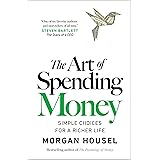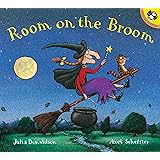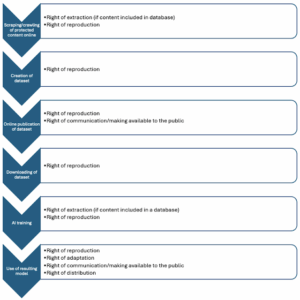“Unlocking Life’s Price Tag: What Is Your Story Really Worth?”
When it comes to sharing personal stories, especially those rooted in marginalized experiences, the act itself often feels like balancing on a tightrope. On one side, there’s the undeniable value of authentic narratives that can inspire change, provide advocacy, and promote understanding. On the other, there lurks a maze of ethical dilemmas—like how to ensure fair compensation while respecting the storyteller’s autonomy. Have you ever paused to wonder: how much is a piece of someone’s lived experience worth? This article delves into the complexities surrounding the compensation of individuals who bravely share their journeys. We’ll explore consent, control, and the often-challenging question of what constitutes fair pay. Are we, as a society, ready to take on these ethical considerations? If you’re curious about navigating these tricky waters, click here to LEARN MORE.
Ethical considerations for compensating marginalized people for publicly sharing their personal experiences
It’s widely recognized that people should be compensated for sharing their expertise based on their lived experience, whether that expertise is used to further advocacy efforts, improve service provision, or advise on policy changes.
And yet, paying people for their personal stories is easier said than done. There’s a knot of ethical considerations related to consent, control over the how the story is shared, and what’s considered fair pay.
>>> 3 Strategies for Using Personal Stories to Advocate for Systemic Change
The work I’ve done for the past 15 years — as a journalist and social impact communications specialist— often places me in the role of messenger: I share other people’s stories via public platforms, packaged with context about how individuals’ experiences fit into broader trends.
I get to make a lot of decisions about how these stories are presented, from language choices to which quotes are included to imagery and what headlines these stories appear beneath.
The bottom line is people give up a lot of control when they entrust me to prepare their stories for public consumption. I don’t take that lightly.
I want to make sure people are treated fairly and respectfully during the story-gathering process. I want them to feel their experiences and point of view are accurately portrayed in the final product. (The journalist in me would like to point out that a portrayal can be accurate without being flattering.)
And I want the storyteller to retain a sense of ownership, that this is still *their* story, even if I’m the one calling a lot of the shots in how the message gets delivered.
I also want people to be fairly compensated for offering a little piece of themselves in order for the rest of us to gain a new perspective. How do you put a price on that?
Some of the big questions I’ve wrestled with:
- when and how to compensate someone for publicly sharing their personal story,















